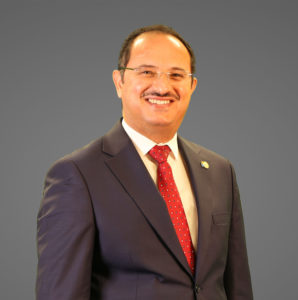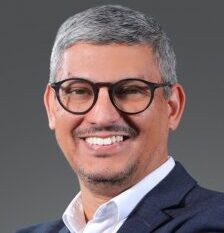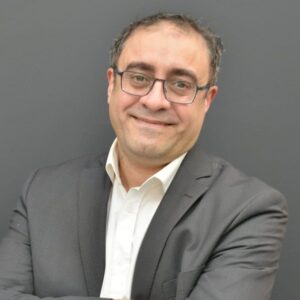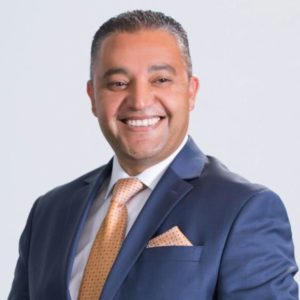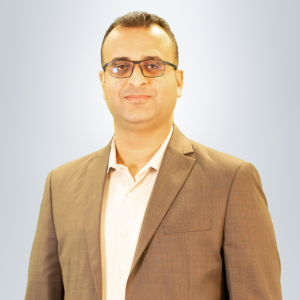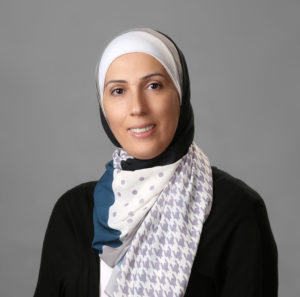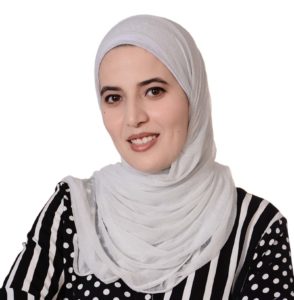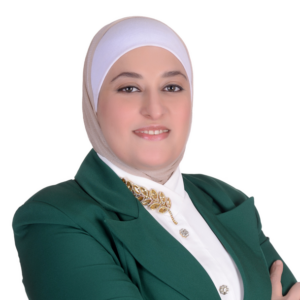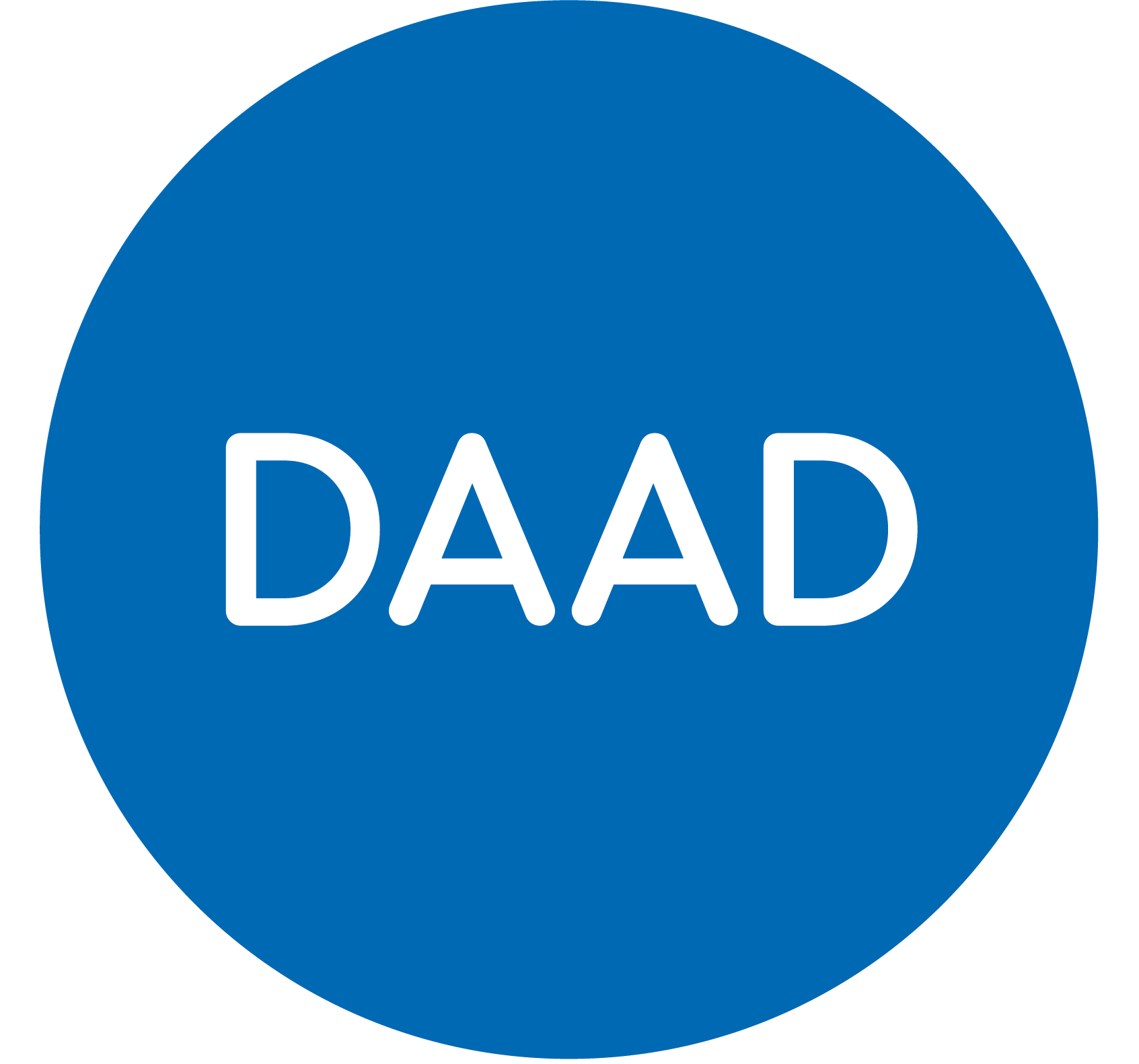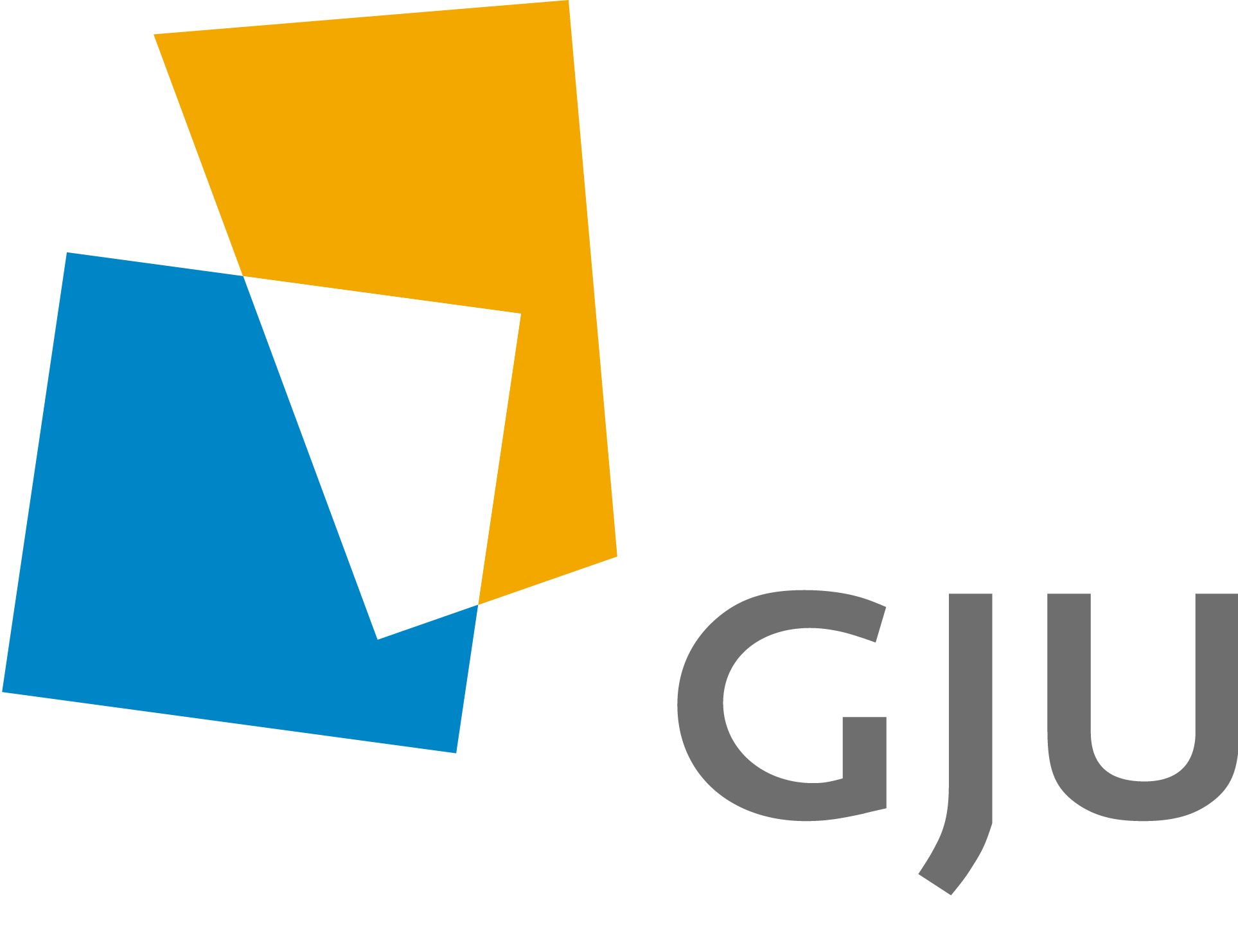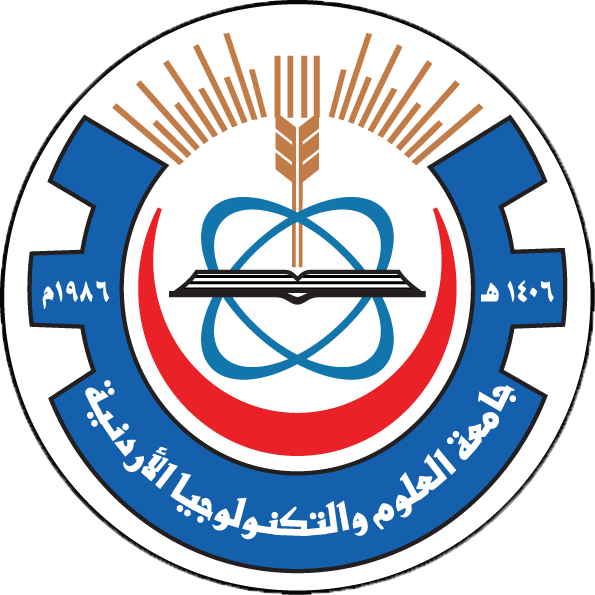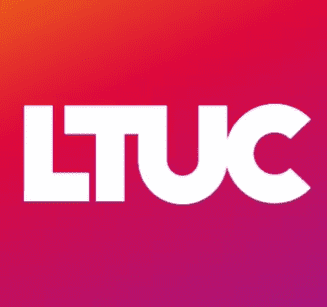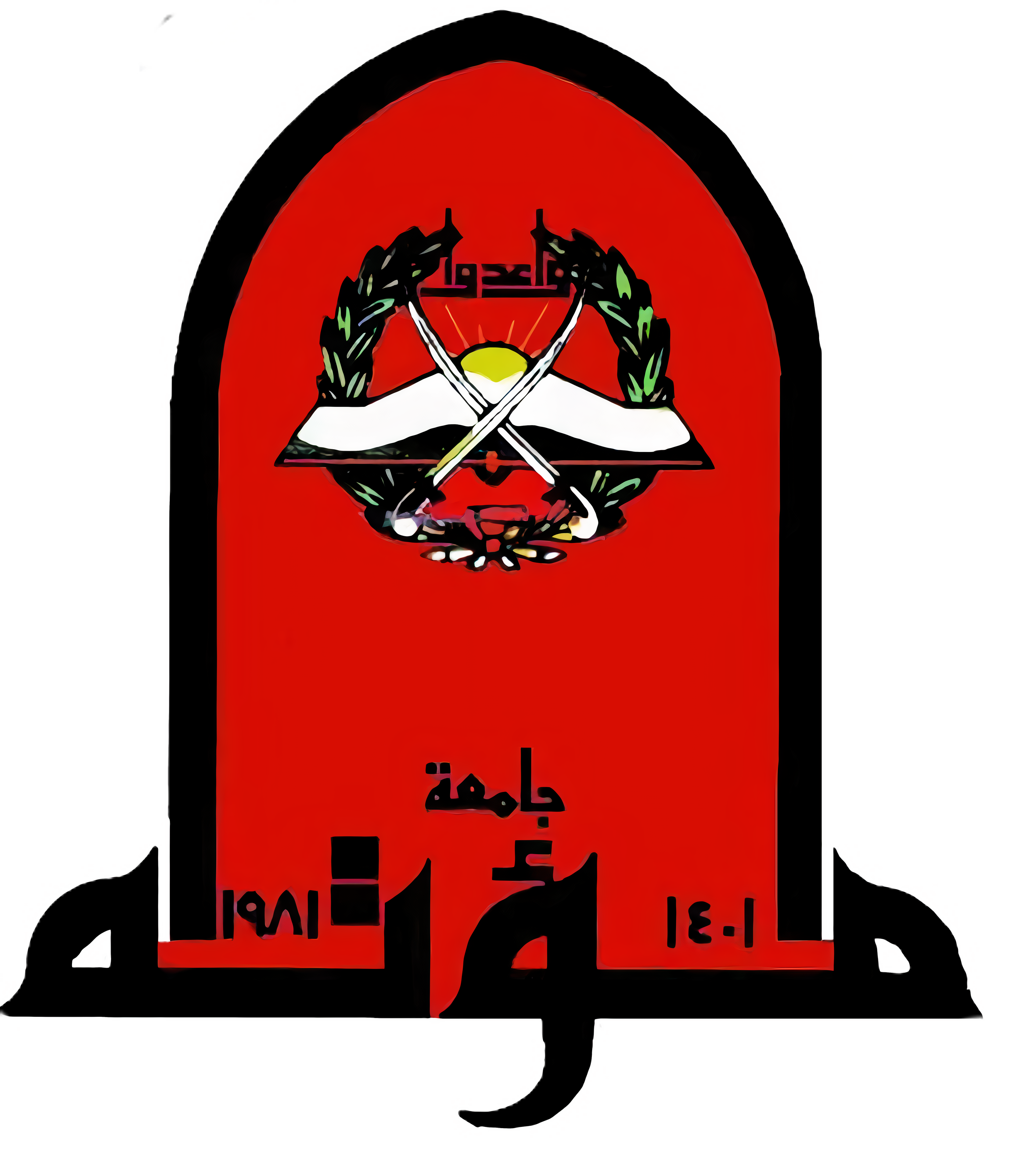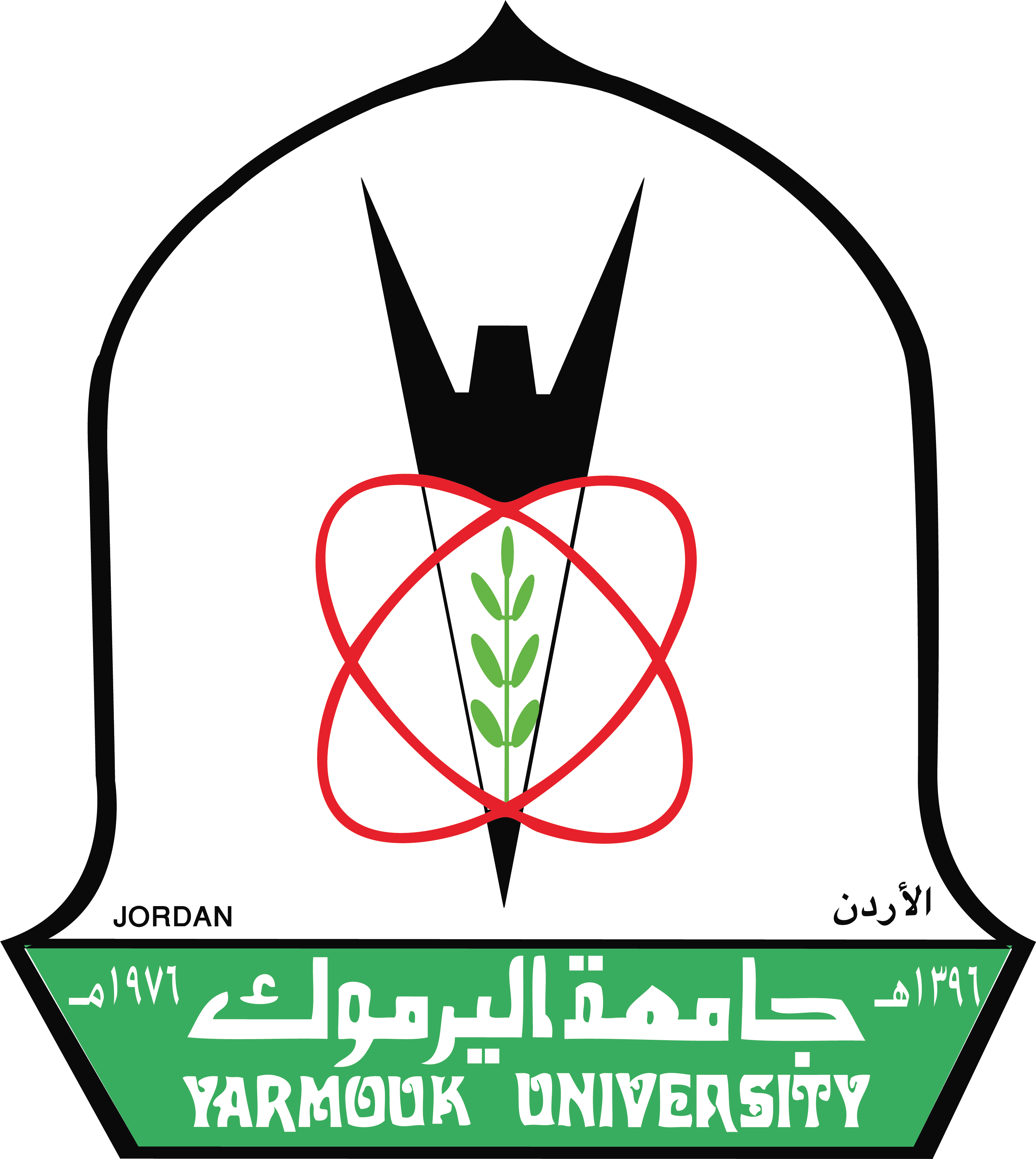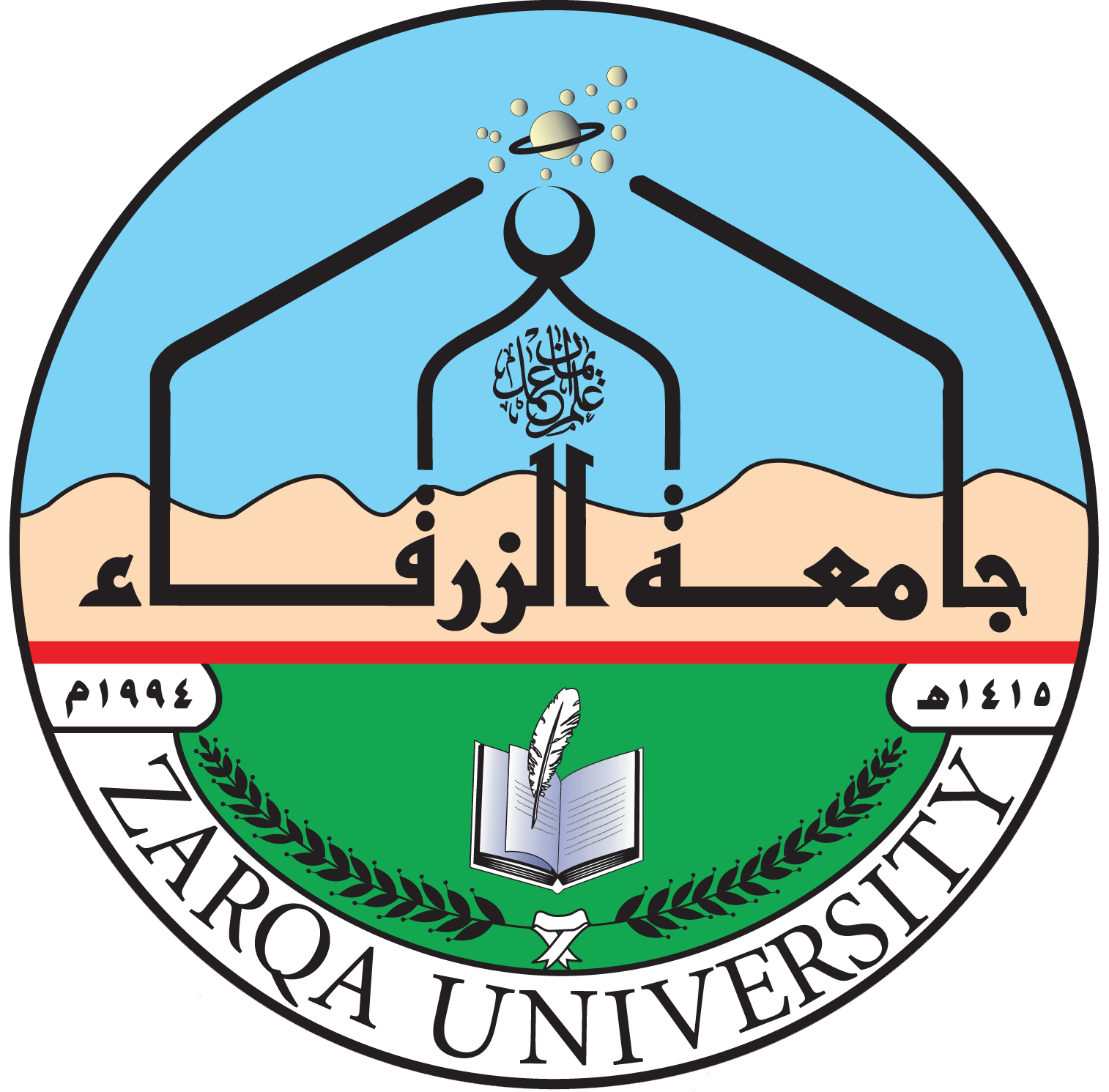EDU-SYRIA Scholarship Program is a humanitarian project funded by the European Union to improve the livelihood options of Syrian refugees and vulnerable Jordanian youths in Jordan through having access to higher and vocational education and having improved their employability. German Jordanian University is the administrative and management body of the project via a consortium of international and local organizations in addition to public and private academic institutions, namely, German Academic Exchange Service (DAAD), Netherlands Universities Foundation for International Cooperation (NUFFIC), Queen Rania Teacher Academy (QRTA), Jordan University for Science and Technology (JUST), Yarmouk University (YU), Mutah University (MU), Zarqa University (ZU), Luminus Technical University College (LTUC) and Luminus Jordan Start.
EDU-SYRIA supports the No Lost Generation (NLG) initiative, a collaborative effort involving multiple stakeholders, including UN agencies (such as UNICEF and UNHCR), non-governmental organizations, international donors, and host governments in the affected regions, aims at providing those affected by the conflict with the chance to shape a more stable, sustainable, and secure future.
The inaugural project in this series, known as EDU-SYRIA I, commenced in December 2015 with an initial funding of 4 million Euros. Its primary objective was to offer 390 scholarships for higher education, encompassing bachelor's degrees, master's degrees, and vocational training diplomas. The focus of these scholarships was predominantly on students whose pursuit of undergraduate education in Syria had been disrupted as a consequence of the Syrian conflict.
Following the inception of EDU-SYRIA I, a significant surge in scholarship demand was observed among refugees. This demand extended beyond students whose education had been disrupted to include Syrian youth who had been deprived of the opportunity for higher education. As a result, EDU-SYRIA II was established to address this growing need.
EDU-SYRIA II was launched in October 2016 with a substantially increased funding allocation of 11 million Euros. Its objective was to maximize the reach of beneficiaries by granting 1,000 higher education scholarships. These scholarships were designed to benefit students whose education had been interrupted, as well as those who had completed only high school in Syria or Jordan.
In January 2019, an additional 2.6 million Euros were allocated to further bolster the project's financial resources. This additional funding was earmarked for an extension of the initiative known as "EDU-SYRIA II Additional," which aimed to provide an additional 200 higher education scholarships.
The most recent addition to EDU-SYRIA project series is EDU-SYRIA III, initiated in February 2020. This new endeavor is focused on assisting 2,245 direct beneficiaries and is supported by a funding allocation of 15 million Euros. This infusion of funds has elevated the total financial commitment to the EDU-SYRIA initiative to 32.6 million Euros.
Additionally, EDU-SYRIA engages in a collaborative effort with the United Nations High Commissioner for Refugees (UNHCR) to assess the suitability of Syrian refugees for inclusion in the scholarship programs. Furthermore, the project forms partnerships with esteemed Jordanian humanitarian organizations such as the National Aid Fund, Tkiyet Um Ali, Al-Aman Fund, and Zakat Fund to identify and provide financial assistance to economically disadvantaged beneficiaries in Jordan.
EDU-SYRIA Partners
EDU-SYRIA GJU Team
